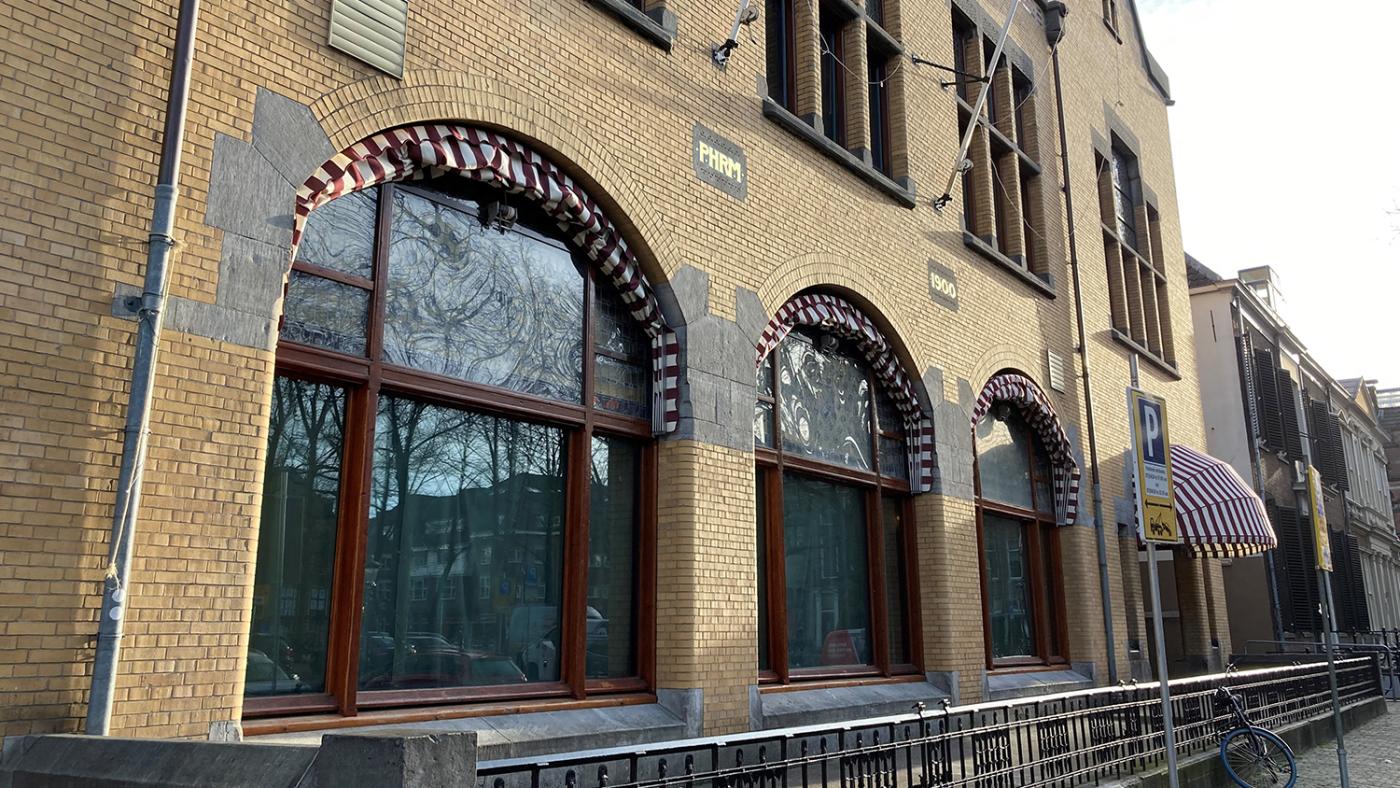DUB panel doesn’t think the announced sanctions are enough
‘UU must punish USC more severely’

Cancelling all subsidies, not allowing the fraternity to participate in formal events organised by UU, requesting USC to apologise publicly to the victims, and demanding a detailed plan on how the fraternity intends to change its culture in practice.
According to UU Rector Henk Kummeling, these measures demonstrate how serious the university is. The Executive Board finds that USC crossed the line when it distributed a list with names and pictures of students affiliated with the sorority UVSV, commenting on their physical appearance and sexual performance.
Insincere shock
“It’s time for USC to act,” stated the rector last week in a statement. But the students and employees from the DUB Panel think it’s too little too late.
“Our administrators know very well that these sanctions will not work,” says Internship Coordinator Bé Mijland when asked if the measures announced will suffice. “It’s time to do away with this ‘elite’ once and for all.”
“The most striking thing to me is how mild our administrators have reacted to this whole situation,” Mijland observes. “This sort of behaviour perfectly illustrates what we’ve known about this kind of fraternity for decades. Associations of this kind are but one of the manifestations of this perverse culture in which men misbehave without radical consequences. Another example is the torture and death of student Sanda Dia in Belgium, which was hardly punished.”
Longstanding pattern
Mijland is not the only panel member who finds the temporary and conditional character of the sanctions hard to swallow. Other cases in which similar punishments were applied achieved little. Our panel members are still waiting to see a cultural change.
Quintijn de Leng, Master’s student of Global Urban Transformations: “This kind of behaviour is never isolated, but rather part of a longstanding pattern in this fraternity and others. USC already got several ‘last chances’ and, even so, this kind of thing keeps happening. Once again, [the sanctions] will not be taken seriously by current and former members. This is but a slap on the wrist, nothing more.”
Kirsten Buist, Education Scientist: “If this was the first or second time, I suppose one would hope these sanctions would be effective, but this disgusting problem is known to be so structural and stubborn that it seems intertwined with USC’s culture. I would like UU and the Utrecht University of Applied Sciences (HU) to no longer be associated with this fraternity, let alone support it financially. First, let USC show, in a convincing way, that they’re really working on changing their culture.”
Levi Bierhuizen, a Psychology student, notes that the damage caused to the victims is huge and this incident can have significant consequences. If it were up to him, the sanctions wouldn’t be temporary. He wonders if the perpetrators will be affected by them.
“As far as I am concerned, in addition to the sanctions that UU is now imposing, more effort should be made to (re)educate the perpetrators on social and sexual safety, with an eye for the consequences of their behaviour.”
Last chance
Education Scientist Casper Hulshof believes that the sanctions announced by UU do nothing to prevent similar incidents from happening in the future. In his view, misconduct is inherent to USC. He recollects an episode from 2006 when a student fell into a coma after consuming too much alcohol, and last year’s “wine bottle scandal”, in which a woman was photographed in the fraternity’s headquarters with a wine bottle in her rear end. He suspects other incidents are simply kept secret.
“The university usually reimburses suspended subsidies retroactively if a student association comes up with an improvement plan while turning a blind eye to the empty phrases in such a plan. Putting an end to that would be a good way to begin.”
Sterre van Wierst, Master’s student of Cancer, Stem Cells & Developmental Biology: "This should be USC’s very last chance. “If they don’t show any signs of improvement, the university should sever ties with them completely.”
“For decades, the university hasn’t sufficiently punished inappropriate behaviour,” says Van Wierst in an e-mail. “At a certain point, the university should no longer want to associate itself with such an organisation. They have enough money, so they are perfectly capable of carrying on without the university’s help. In the United States, many universities have severed ties with student associations following scandals, but here in the Netherlands, we seem forgetful and too forgiving.”
Research analyst Mies van Steenbergen holds back more than others when it comes to applying stricter sanctions against USC: “For starters, distributing such a list is not only reprehensible, it is against the law. You’re damaging people’s honour and self-esteem. Therefore, the only kind of punishment I’d find fair would be a criminal prosecution.”
“Should we punish the entire fraternity, though? In my opinion, only if you can demonstrate that its culture and habits enable and approve of this kind of behaviour. But we’d need to research that, otherwise we’d be assuming that all members are all a**holes capable of doing such things.”